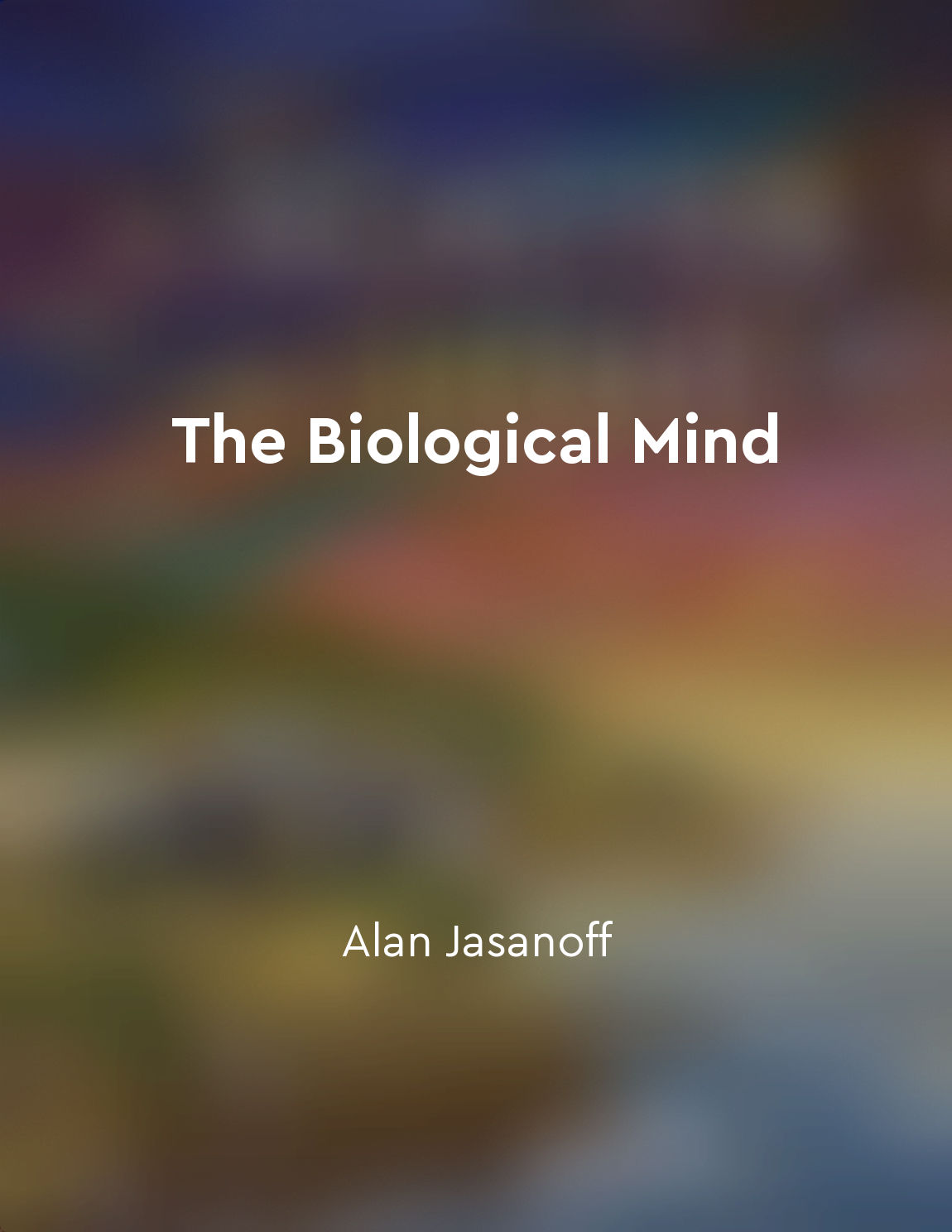Research on psychedelics was halted in the 1970s from "summary" of How to Change Your Mind by Michael Pollan
In the 1960s, psychedelics such as LSD and psilocybin were being studied for their potential therapeutic benefits. Researchers were exploring their ability to treat conditions such as depression, anxiety, and addiction. However, this promising line of research came to an abrupt halt in the 1970s. The criminalization of these substances, along with the cultural backlash against the psychedelic counterculture, led to a widespread ban on research involving psychedelics. This ban persisted for decades, effectively putting a stop to any further scientific exploration of these compounds. As a result, the knowledge gained from the early research on psychedelics was largely forgotten or dismissed. The taboo surrounding these substances prevented scientists from revisiting their potential therapeutic uses, leaving a gap in our understanding of their effects on the mind. It wasn't until the early 2000s that a small group of researchers began to challenge the prevailing attitudes towards psychedelics. They believed that these substances held promise as tools for understanding consciousness and treating mental health disorders. Their efforts eventually led to a resurgence of interest in psychedelic research. Today, researchers are once again exploring the therapeutic potential of psychedelics. Studies have shown that substances like psilocybin can be effective in treating conditions such as depression, anxiety, and PTSD. This renewed interest in psychedelics has the potential to revolutionize the field of mental health treatment. By revisiting the research that was halted in the 1970s, scientists are uncovering new insights into the mind-altering properties of psychedelics. This renaissance in psychedelic research has the potential to transform our understanding of consciousness and mental health, offering new hope to those suffering from a range of psychological disorders.Similar Posts
Embracing a new reality can lead to profound changes in health
When we talk about embracing a new reality, we are essentially referring to the idea of shifting our mindset and beliefs in ord...
Meditation and mindfulness practices can enhance brain energy
Engaging in meditation and mindfulness practices has been shown to have a powerful effect on enhancing brain energy. These prac...
The role of medication and therapy in treating bipolar disorder
Medication and therapy play crucial roles in managing bipolar disorder. Medication can help stabilize mood swings and prevent e...
Mindfulness can enhance cognitive abilities
Mindfulness training has been shown to improve working memory capacity and attention control, which are essential components of...

Harnessing the power of neuroplasticity for personal growth
Neuroplasticity is the brain's ability to reorganize itself by forming new neural connections throughout life. This means that ...
Mental exercise can improve cognitive abilities
The brain is a remarkable organ that has the ability to adapt and change throughout our lives, a concept known as neuroplastici...
Psychedelics can produce lasting changes in personality
Psychedelics have the potential to bring about profound shifts in an individual's personality that can endure long after the ef...

Ethical considerations are paramount in brain research
When delving into the intricate workings of the brain, researchers must navigate a complex landscape filled with ethical dilemm...
